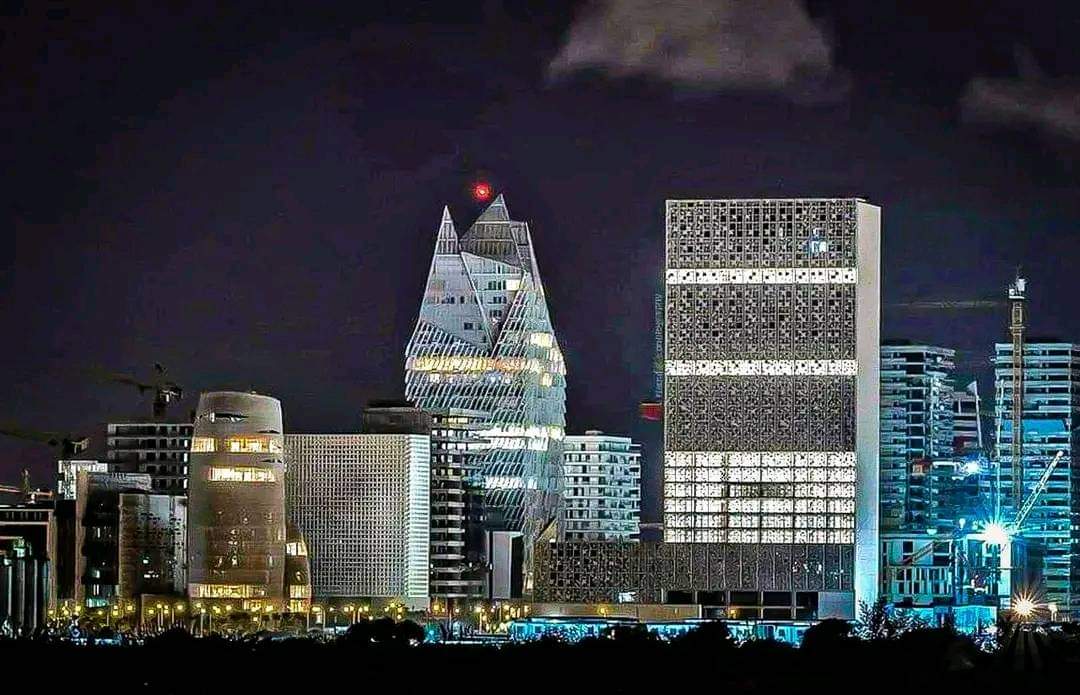Casablanca’s global influence diminishes as new rankings are released

A recent report by the American consultancy firm Kearney highlights a troubling decline for Casablanca in the global hierarchy of influential cities.
The Moroccan metropolis has slipped to the 105th position out of 156 cities evaluated, a drop of five places from its previous ranking.
This decline marks a continued downward trend for the economic capital of Morocco, which held the 98th position as recently as 2019.
Even more concerning is Casablanca’s absence from specific rankings, particularly in the category of “smart cities.”
The city’s future potential, as assessed by the outlook index, places it at a troubling 137th, underscoring the significant challenges it faces.
The global podium remains dominated by traditional powerhouses, with New York, London, Paris, and Tokyo maintaining their positions at the top.
Asia is asserting its presence in the rankings, featuring two Chinese cities in the top ten: Beijing at 6th and Shanghai at 8th.
Within the MENA region, Dubai continues to lead at the 24th position, followed by Doha at 51st and Abu Dhabi at 59th.
The Kearney study emphasizes the increasing importance of environmental issues for urban centers.
Cities, which are particularly vulnerable to climate-related disasters, face substantial financial and material losses that hinder their development.
This trend raises pressing questions about the sustainability and resilience of urban environments, particularly for cities like Casablanca striving to enhance their global standing.
As Casablanca grapples with these setbacks, stakeholders will need to address the underlying issues contributing to its decline and develop strategies to revitalize its status on the international stage.
With the competitive landscape continuously evolving, the city’s future will depend on its ability to adapt and innovate in response to emerging global challenges.
About The Author
dailymailafric
I am an avid African news observer, and an active member of Daily Mail Africa.
I’m Passionate about staying informed on diverse topics across the continent,
I actively contribute to publishing on political, economic and cultural developments in Africa.



